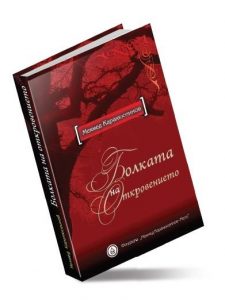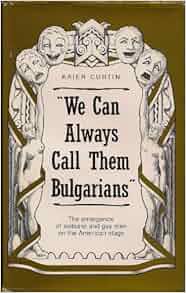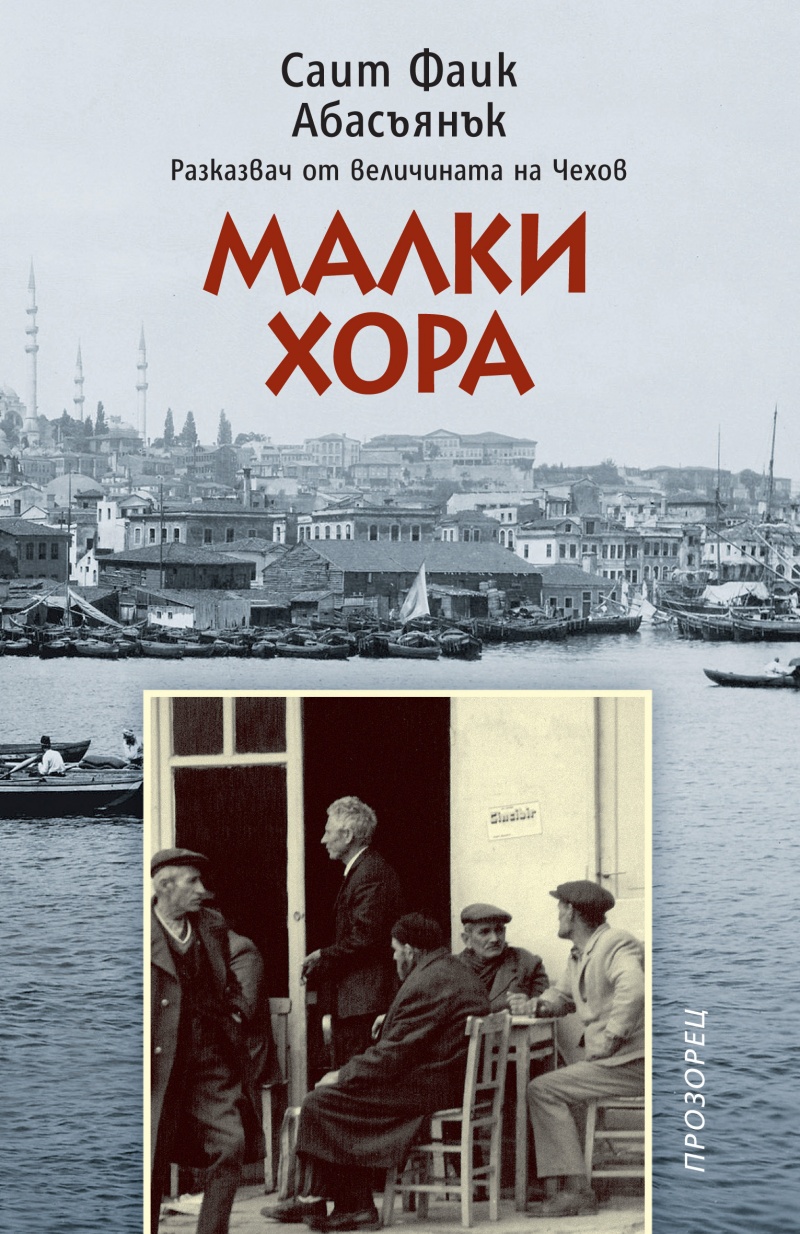За меда и мухите
Подлостта винаги е кръжала
над и около доблестта.
Дори на една доблест
са се падали сума ти подлости,
тъй както стотици мухи
са плюли на капчица мед…
И ако те не са възприемали нещо от нея,
то не значи,
че вече е нула –
доблестта си е доблест,
дори да са я оплюли.
(1986)
Über den Honig und die Fliegen
Der Verrat hat immer
über und um die Tapferkeit geschwebt.
Selbst bei einer Tapferkeit
unter all den vielen Gemeinheiten,
so wie Hunderte von Fliegen
einen Tropfen Honig beschmutzen…
Und wenn sie nichts davon wahrnehmen,
bedeutet das nicht,
dass sie deshalb schon ein Nichts ist –
Tapferkeit bleibt Tapferkeit,
sogar wenn sie beschmutzt wurde.
(1986)
——————————————————————————–
СТАЙНО ЦВЕТЕ
За мене твърде неудачно свърши лятото –
интервенции от кръста до шията…
Сняг наваля, а аз съм заел место
до мушкатото –
пуснах корени в тази стая,
както то в саксията.
За мене твърде задъхана беше тази есен –
кратки разходки с пре дълги почивки…
Сняг наваля, а аз стоя на балкона
като заглъхнала песен
някъде на най-трудната си извивка.
Снегът вали на парцали –
чувам това шумолене.
Хубава зима, а аз не мога да дишам.
Щърба ще бъде лакираната ви история
без мене…
Цъфна мушкатото –
призори на прозореца ще се впишем.
25, 11, 1988 г.
Zimmerblume
Für mich endet der Sommer ziemlich unglücklich –
Behandlungen von der Hüfte bis zum Hals…
Es schneit, und ich sitze
bei den Geranien –
ich habe Wurzeln in diesem Zimmer geschlagen
wie in einem Topf.
Für mich war dieser Sommer ziemlich atemlos –
kurze Spaziergänge mit sehr langen Ruhepausen…
Es schneit, und ich sitze auf dem Balkon
wie ein verklingendes Lied
irgendwo nahe der mühsamsten Windung.
Der Schnee fällt in Fetzen –
ich höre dieses leise Rascheln.
Ein schöner Winter, und ich kann nicht atmen.
Lückenhaft wird eure lackierte Geschichte
ohne mich sein…
Blühende Geranien –
Vor der Morgendämmerung werden sie sich dem Fenster einschreiben.
25.11.1988
——————————————————————————–
Добрите хора си отиват незабележимо,
без шествия помпозни,
без пищни некролози…
Добрите си отиват незабележимо –
тихичко,
за да не ни тревожат,
но дълго след смъртта им
съвестта ни гложди.
Die guten Menschen gehen unbemerkt von uns,
ohne pompöse Aufmärsche,
ohne umfangreiche Nachrufe …
Die Guten gehen unbemerkt –
still,
um uns nicht zu beunruhigen,
aber noch lange nach ihrem Tod
nagt es an unserem Gewissen.
——————————————————————————–
Mehmed Karahüseinov (1945-1990) war ein bulgarischer Dichter und Übersetzer türkischer Abstammung.
Um gegen die von den Kommunisten betriebene sog. “Wiedergeburtspolitik”, eine gegen die bulgarischen Bürger türkischer Abstammung gerichtete Politik der ethnischen Zwangsassimilierung und Vertreibung, die u.a. zur Ausweisung Hunderttausender Bulgaren durch ihren Staat und zwangsweise Namensänderung der im Land verbliebenen Bulgaren türkischer Abstammung führte, zu protestieren, unternahm Karahüseinov am 2. Februar 1985, einen Tag vor seiner erzwungenen Namensänderung, eine versuchte Selbstverbrennung. Er konnte jedoch, schwerstverbrannt und entstellt, gerettet werden. Karahüseinov verstarb 1990 an den Spätfolgen.
Die Politik der Zwangsbulgarisierung in den 1980er Jahren ist bis heute ein Tabuthema in Bulgarien, das erst nach und nach in einer breiteren Öffentlichkeit diskutiert wird.

Мехмед Карахюсеинов: Болката на откровението (Mehmed Karahüseinov: Der Schmerz der Offenbarung), Mehmed Karahüseinov-Meto Stiftung, Sofia 2015
Übersetzung aus dem Bulgarischen: Thomas Hübner
© Mehmed Karahüseinov
© Stiftung Mehmed Karahüseinov-Meto, 2015
© Thomas Hübner and mytwostotinki.com, 2014-5. Unauthorized use and/or duplication of this material without expressed and written permission from this blog’s author and/or owner is strictly prohibited. Excerpts and links may be used, provided that full and clear credit is given to Thomas Hübner and mytwostotinki.com with appropriate and specific direction to the original content.







 Facebook
Facebook RSS
RSS Twitter
Twitter